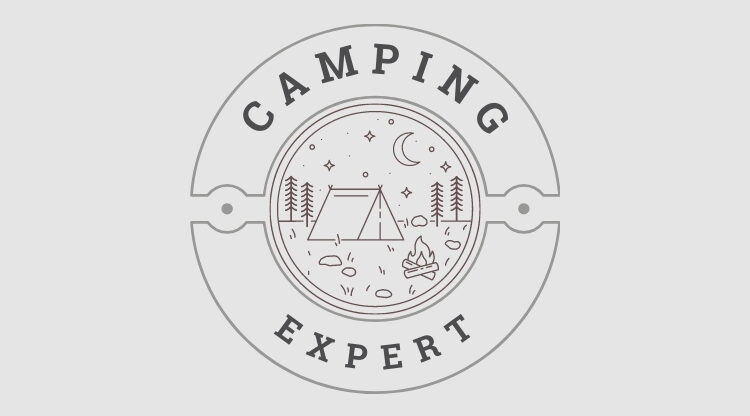There are several ways you can maximise the use of available space inside a tent in order to store things. However, before you even think about where you’re going to put everything, storage considerations need to be considered even before you buy the tent itself. Most reputable tent manufacturers will always give you the berth size of each tent in terms of how many people it can accommodate. Therefore, when choosing a tent initially, always add on 1 or maybe even 2 people if you want the tent to have adequate storage space. In other words, if you’re going camping as a party of four, you should be looking at a six berth tent if you want sufficient storage space because when it gives you the number of people a tent can accommodate, that basically means how many people can actually fit in it to sleep and doesn’t allow for vast storage space too.
Go To A Shop And Try Out Tents First
If storage is a major priority, you shouldn’t buy a tent sight unseen but should visit a camping specialist which has tents erected already in the store in which you can go inside and plan how and whereabouts you’d be able to store all of your gear that you want inside the tent. Alternatively, if you have decided to buy sight unseen off, say, the internet, try to use a site which features video clips of different tent interiors so you’ll at least have some idea as to the space available.
The Design Of The Tent
To maximise storage, choose a tent that has a number of internal mesh pockets into which you can stuff things and also one with a vestibule. Vestibules are the awning type features which are designed for tents specifically for the purpose of creating additional storage space outside the sleeping area. More commonly designed at the front of the tent, you can also get models with vestibules or awnings at both the front and the back.
Storing Food
Wherever possible, don’t store food inside your tent. Not only is it likely to produce a pungent odour which will permeate throughout the tent, especially if it’s hot, it’s also likely to attract flying insects and other critters inside your tent. And, if you’re camping out in ‘bear country’ if overseas, you should NEVER store food inside a tent as that’s simply an open invitation to a bear to come and have dinner inside your tent – probably when you’re least expecting it. Instead, if you have come by car, keep all food locked in the boot when it’s not being used or hang it up in trees. If you don’t have to worry about potentially dangerous animals like bears and you don’t have a car, then you should try to store your chilled or frozen food in an appropriate cooler and keep that in the awning or vestibule along with any other bin bags which might contain food. Likewise with any cooking utensils – put them in a bin bag and leave them outside. This will also free up extra space inside a tent.
Be Creative
Many tents will have interior poles running through them above you from where there will be loop attachments fixed. You can often run a cord through these which can act as a type of clothes hanger, depending on how high the tent’s ceiling is, although you should be careful not to place too much weight on it. Stuffing things like clothes into a pillow case not only saves storage space but enables you to leave pillows at home.
Useful Items For Storage
You can buy compression bags or stuff sacks into which you can pack away a fairly substantial amount of gear such as clothes. Synthetic clothing tends to be by far the easiest to compress and if you focus on extra layers as opposed to bringing bulky fleeces for temperature variations, several thinner layers will provide you with just as much warmth as a bulky winter fleece which will be much harder to store anyway.
Bring Only What You Need
At the end of the day, a camping trip should be all about the experience and adventure as opposed to bringing all of your home comforts with you. Roughing it a little is all part of the fun and, although you’ll want to feel comfortable and maybe bring the odd creature comfort from home along with you, the more stuff you bring, the less likely you will feel comfortable if you’re not able to move around the tent relatively freely.
